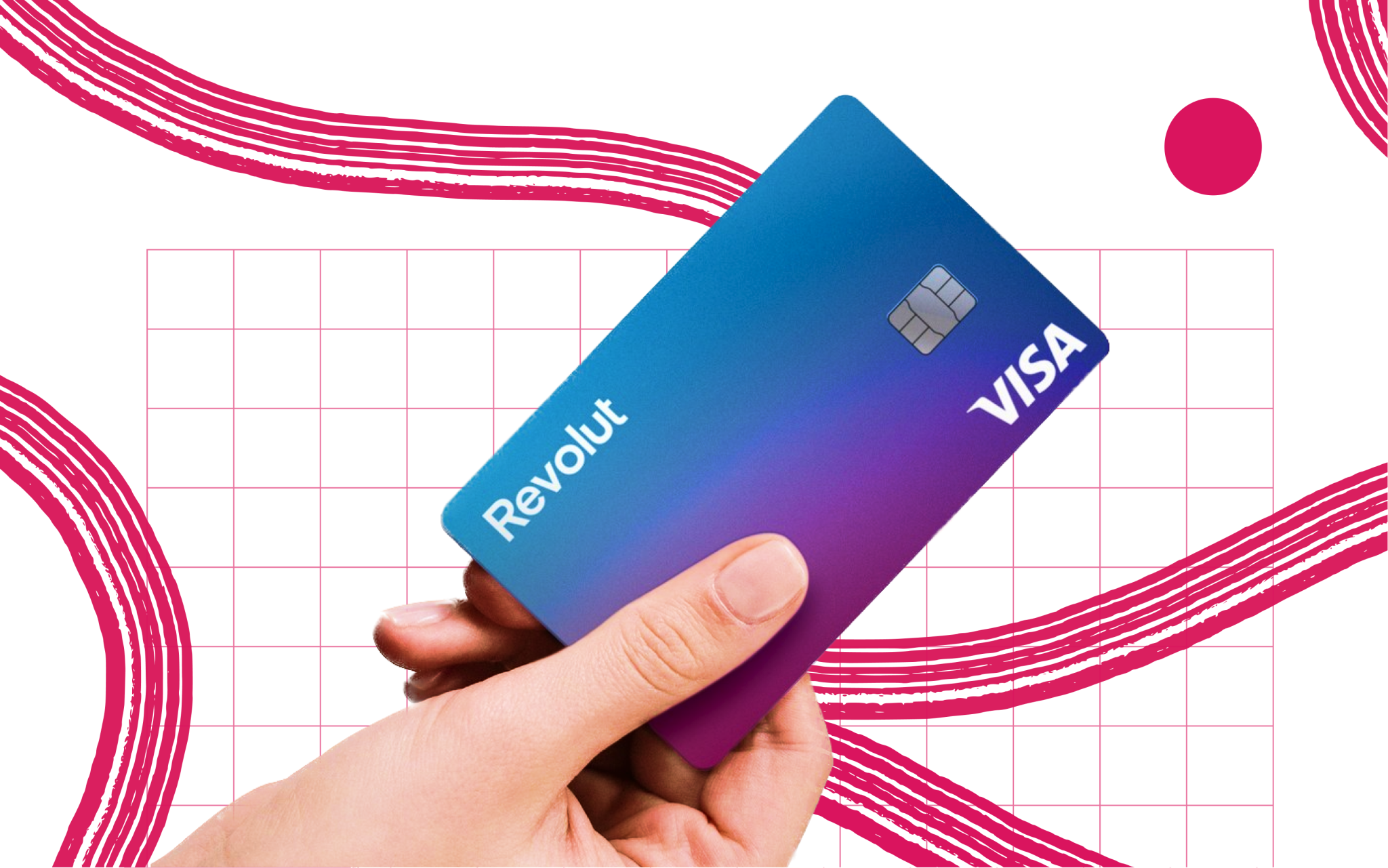Inspired by the incredible success of WeChat and Alipay in China, more and more European fintechs are trying to build ‘one app to rule them all’. But these super apps — one app, one sign-in, one user experience — completely miss the point of fintech. So founders, stop trying to build a European fintech WeChat!
The likes of Revolut are in the early stages of a ‘super app’ — offering banking and investment features — but they are nowhere near the functionality of a WeChat yet. All the extra bells and whistles are unnecessary though. Super apps are purely a strategy by the company to pay less for customer acquisition by locking users up in the app with more and more features. The company benefits, not the user.
Fintech super apps go counter to why fintech was able to disrupt and challenge old school banks in the first place.
People fell in love with fintechs and their services because they were lighter and easier to understand than services offered by traditional financial institutions. You could open the app, do what you needed to do quickly, close the app and move on. No one wants to spend all day on their banking app.
Customers stick around for the ease of use and customer service, not endless features.
Shazam and N26
Instead of looking to Chinese super apps for inspiration, Europe’s fintech founders should be looking to apps like Shazam, the music finder service (which by the way, got acquired by Apple for $400m).
Shazam is the gold standard for a single-button app. Fintech apps should also be straightforward and fulfil their core function well. Simplicity should reign supreme. That’s how we think about our business too. The less time our customers spend on the app, the better, because that means things are going well — the user's getting what they need.
Simplicity is also key for retaining customers when things don’t go as planned. Think ride-hailing and food-delivery apps — when your ride isn’t on time or your food order is mixed up, you get frustrated very easily. Many of these apps have done an incredible job simplifying the in-app process for complaints and mixups, keeping customers happy and loyal.
Some say super apps make it better for consumers because consumers don’t want too many apps on their phone. But super apps deprive consumers of choice, forcing them to get stuck in one product instead of choosing the best apps for each functionality they need. And whether customers are clicking around inside an app or between apps, they’re still clicking.
Of course, it’s not easy to build simple.
Hiding payment rails and myriad complexity behind a simple UI is a challenge, as is developing the right questions to ask clients to keep onboarding smooth. On the backend, we as fintech founders and operators are operating in a very fragmented and uneven technological environment. We need to be equally prepared to work with the latest real-time technologies for payments and FX, as well as classic ‘dinosaurs’ like SWIFT, the messaging network used by banks and other financial companies. But those complexities are for us to worry about, not our customers.
We want to live in a world where people spend less time on their phones, less time in apps, and more time doing the things that make them happy. What’s that old saying? Quality over quantity.


